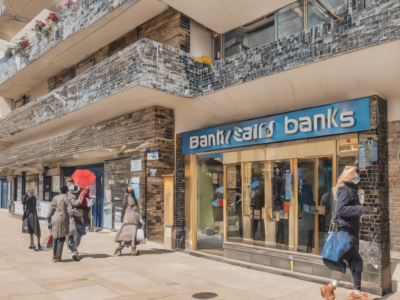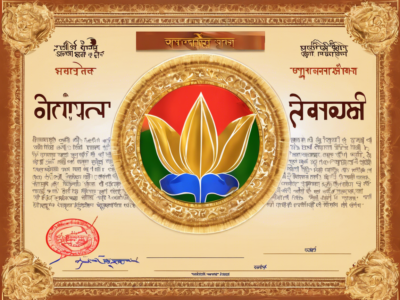In today’s digital age, privacy has become a luxury rather than a given. The recent Breckie Hill sex tape scandal has once again brought to light the issues surrounding leaked private content and the devastating consequences it can have on individuals. The incident has sparked conversations about consent, privacy, and online security, highlighting the importance of understanding the risks involved in sharing intimate content.
The Breckie Hill Sex Tape Scandal
Breckie Hill, a popular social media influencer known for her lifestyle content, found herself at the center of a media firestorm when a private sex tape involving her and a former partner was leaked online without her consent. The video quickly went viral, spreading across various platforms and reaching millions of viewers within hours.
Legal Implications
The leaking of a sex tape without consent is a clear violation of both privacy and copyright laws. In Breckie Hill’s case, legal action was immediately taken to have the video removed from websites and social media platforms. However, once content is online, it can be challenging to completely erase it from the internet. The damage to her reputation had already been done, resulting in a significant emotional and psychological toll.
Cyberbullying and Mental Health
The aftermath of the sex tape scandal exposed Breckie Hill to a barrage of online harassment and cyberbullying. Trolls and critics took to social media to shame and ridicule her, further exacerbating the trauma caused by the violation of her privacy. The relentless cyberattacks had a profound impact on her mental health, leading to anxiety, depression, and feelings of helplessness.
Protecting Your Privacy Online
In light of the Breckie Hill sex tape scandal, it is crucial for individuals to take proactive measures to protect their privacy and security online. Here are some tips to safeguard your personal information and prevent privacy breaches:
- Think Before You Share: Before posting any content online, consider the potential consequences and who may have access to it.
- Use Secure Platforms: Opt for encrypted messaging apps and platforms that prioritize privacy and security.
- Enable Two-Factor Authentication: Add an extra layer of protection to your accounts with two-factor authentication.
- Regularly Update Passwords: Change your passwords frequently and avoid using the same password across multiple accounts.
- Monitor Your Online Presence: Stay vigilant about your digital footprint and regularly check for any unauthorized activity or leaks.
Frequently Asked Questions (FAQs)
1. What should I do if my private content is leaked online?
If your private content is leaked online without your consent, immediately contact the platform hosting the material and request its removal. Consider seeking legal advice to explore options for legal action against those responsible.
2. How can I prevent cyberbullying and online harassment?
To prevent cyberbullying and online harassment, be mindful of what you share online and limit the personal information you disclose. Block and report individuals engaging in harmful behavior, and prioritize your mental health by seeking support from friends, family, or a professional therapist.
3. Is it safe to share intimate content with a partner?
While consensual sharing of intimate content within a trusted relationship is a personal choice, it is essential to establish clear boundaries and trust with your partner. Consider the risks involved and have an open conversation about privacy and security before sharing any sensitive material.
4. Can I legally take action against someone who leaks my private content?
Yes, leaking private content without consent violates privacy laws and can have legal consequences. Consult with a lawyer to understand your rights and explore options for pursuing legal action against the perpetrator.
5. How can I support someone who has experienced a privacy breach or online attack?
If someone you know has experienced a privacy breach or online attack, offer your empathy and support without judgment. Encourage them to seek professional help if needed and assist them in taking steps to protect their privacy and mental well-being.
In conclusion, the Breckie Hill sex tape scandal serves as a stark reminder of the importance of privacy, security, and consent in the digital age. By being informed and proactive in safeguarding our personal information, we can mitigate the risks of privacy breaches and protect ourselves from online exploitation.









